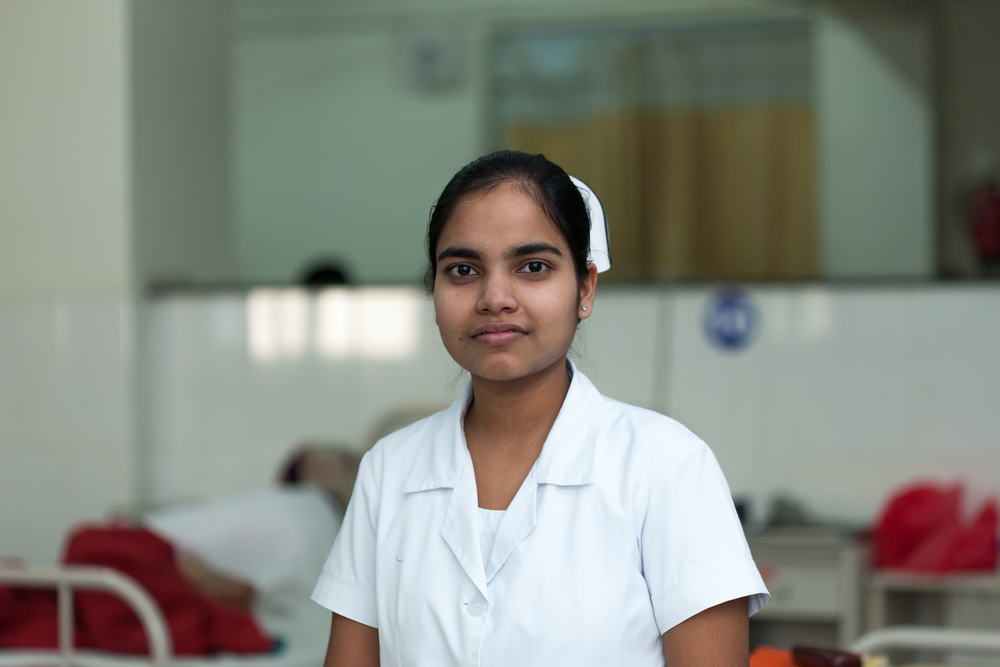This pandemic has brought to light the courage and commitment of the health care workers who risk, and sometimes sacrifice, their own lives for others. Each day, millions around the world go to work to care for patients with a contagious disease for which there is no vaccine and no treatment. And it is likely that thousands will die.
The situation is grim and growing more dire by the day—from the death of Dr. Li Wenliang, who sounded the alarm in Wuhan Province, China at the beginning of the crisis, to the 61 medical workers in Italy who have died. There are more than 9,000 health care workers now infected in Spain. In New York, a city with some of the best hospitals in the world, health care workers are facing shortages of everything from masks and gowns to ventilators as they prepare to deliver care at a convention center-turned-hospital, and in tents in Central Park.
There are 59 million health care workers around the world. In low- and middle-income countries, where we do the majority of our work, health care workers do not have enough supplies, medicines and equipment even in the best of times. Many health facilities, especially in rural areas, lack running water and reliable electricity, much less ventilators or isolation units.
But what they lack most is colleagues: There are terrible shortages of health care workers around the world, with the World Health Organization estimating a gap of 7 million workers in 83 countries. The World Health Organization forecasts a shortage of 18 million workers by 2030.
Given this shortage, It is imperative for countries to develop a reserve corps of health personnel, similar to the national guard, to be activated during emergencies. Such corps exist at the local and state level in the United States, but not in many other countries and not globally. This pandemic demonstrates that we must be able to quickly mobilize millions of health care workers when we need them. And this will only be possible if we are able to pay them adequately and give them the supplies and equipment they need to do their jobs safely.
While COVID-19 cases explode, health care workers still have to care for people’s everyday needs: babies are still being born, children are getting malaria, hypertension patients need to keep taking their medicine. Some health care workers are facing unimaginable ethical dilemmas as they are forced to decide who gets care.
People across oceans are cheering and applauding medical workers daily. This appreciation is moving, but it is not meaningful if we can’t ensure that workers have what they need to do their jobs safely, including enough help. Countries need to invest every resource possible to protect the safety of those who risk their own health to care for the rest of us.
When this crisis phase is over, we can only hope that governments and health systems around the world will recognize that health care workers deserve the best support we can offer, and then take meaningful action. It’s the least we can do.
